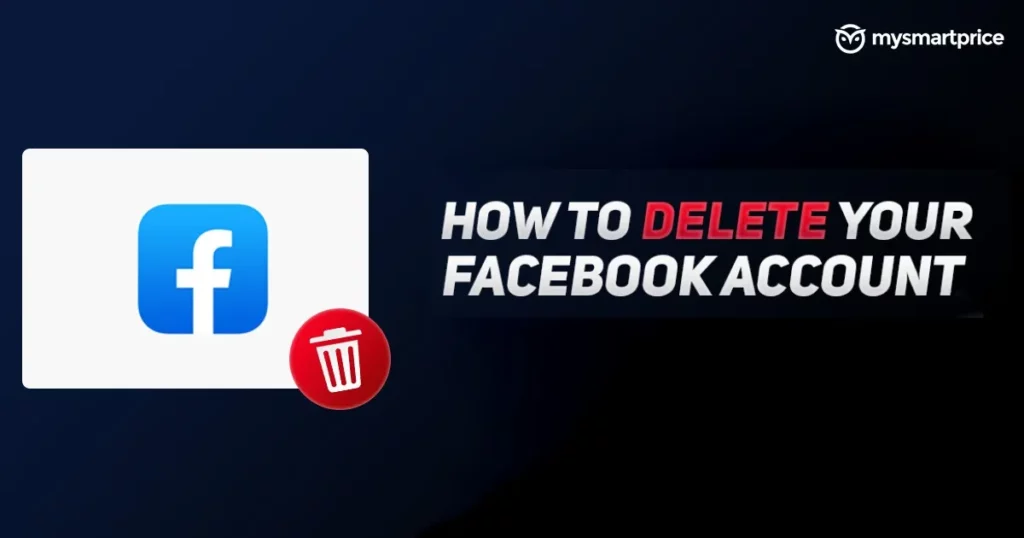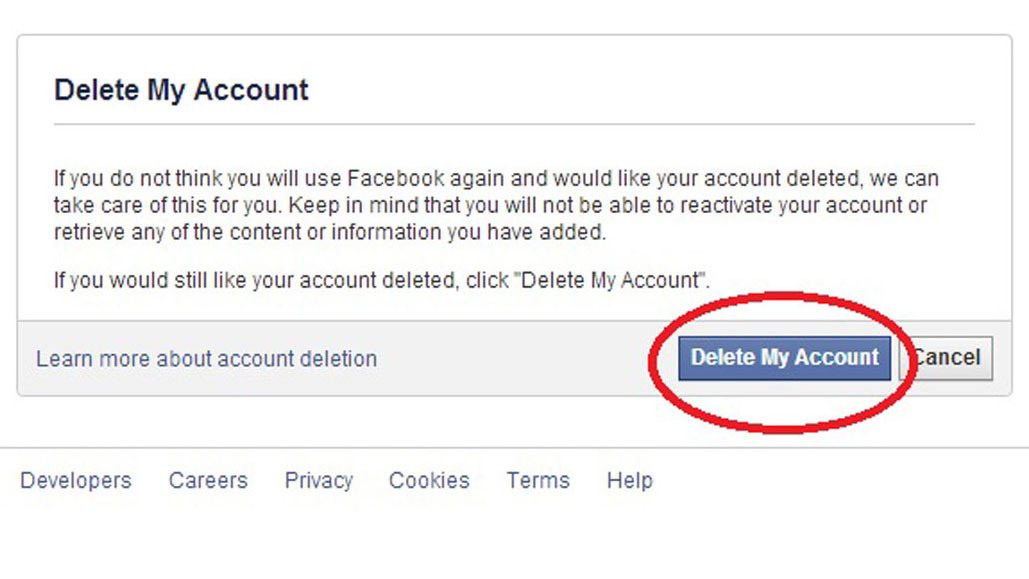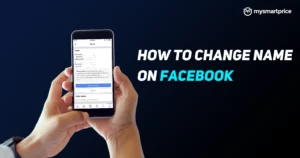How do delete a facebook account

In today’s digital age, where privacy concerns and data breaches have become increasingly prevalent, many individuals are seeking ways to regain control over their online presence. One platform that has garnered significant attention is Facebook, the social media giant with billions of users worldwide. If you have found yourself questioning the need for a Facebook account or simply desire a break from the constant notifications and information overload, this article will guide you through the process of deleting your Facebook account permanently. Whether it is due to privacy concerns, addiction to scrolling feeds, or simply wanting a fresh start, understanding how to remove yourself from this virtual world can be empowering and liberating in more ways than one.
Why would you want to delete your Facebook account?

Deleting your Facebook account may seem like a radical move, but it comes with numerous benefits. Firstly, by removing yourself from the platform, you regain control over your personal information. From targeted ads to data breaches, Facebook has faced numerous privacy scandals over the years. Deleting your account ensures that you are no longer part of this cycle and reduces the risk of your personal information being mishandled.
Furthermore, deleting Facebook can free up a considerable amount of time and mental space. With the constant stream of updates and notifications vying for our attention, it’s easy to get sucked into mindless scrolling or comparing ourselves to others. Deleting the app means breaking this addictive cycle and allows us to focus on more meaningful activities that contribute to personal growth and well-being. Lastly, by leaving Facebook behind, you pave the way for deeper connections in real-life relationships. Studies have shown that excessive social media use can lead to feelings of loneliness and isolation despite being surrounded by virtual friends. By stepping away from the online world, you create room for quality face-to-face interactions which can ultimately enrich your life in ways that social media never could.
Step 1: Backup your data and photos
As you prepare to delete your Facebook account, one crucial step you should never overlook is backing up your data and photos. Years of memories, important documents, and even personal messages are at stake if they are solely stored on the platform. While Facebook provides options for downloading your information, it’s always wise to have an additional backup.
One option for backing up your data is using cloud storage services like Google Drive or Dropbox. These platforms offer a seamless way to store and access your files from any device while ensuring their safety. By syncing your Facebook albums or manually uploading photos and videos onto these platforms, you can guarantee that all those precious moments will be securely preserved even after deleting your account. In addition to cloud storage services, external hard drives or USB flash drives can also be utilized for creating backups of essential files. This method offers an extra layer of protection by keeping physical copies of your data in case anything happens to the digital versions. Plus, with ample storage space available in modern devices, it’s easier than ever before to transfer large quantities of files quickly.
Step 2: Deactivating vs. permanently deleting
One of the fundamental decisions you need to make when considering deleting your Facebook account is whether to deactivate it temporarily or permanently delete it. Deactivating your account puts it in a dormant state, making it invisible to others but giving you the option to reactivate and regain access whenever you please. On the other hand, permanently deleting your account is like erasing all traces of your existence on the platform, wiping out every photo, post, and connection with no possibility of recovery.
While deactivation may seem like a more cautious approach that allows for some breathing room before making a final decision, permanently deleting your account can be a powerful statement and an opportunity for personal growth. It forces us to confront our reliance on social media and consider how we want to shape our online presence. Deleting may feel radical at first, but it liberates us from the constant comparison game and potential addiction that comes with constantly seeking validation through likes and comments.
Step 3: Accessing the Facebook Account Deletion Page
Accessing the Facebook Account Deletion Page may seem like a daunting task for some users, but it is actually a straightforward process. To begin, go to the Facebook homepage and log in using your credentials. Once logged in, click on the downward arrow at the top right corner of the screen and select Settings & Privacy from the dropdown menu. Next, click on Settings and navigate to the Your Facebook Information section. Here, you will find an option called Deactivation and Deletion, which leads you to the account deletion page.
On this page, Facebook offers you two choices: deactivating or deleting your account. While deactivation temporarily disables your profile and retains all your data for later use if desired, deletion means a complete removal of your account along with all associated information permanently. It’s important to note that once you choose deletion, there’s no turning back; there won’t be any way to retrieve your data.
Step 4: Confirming your decision to delete
Deleting your Facebook account is a decision that shouldn’t be taken lightly. It’s important to confirm your decision and ensure that it aligns with your goals and values. Take a step back and reflect on why you want to delete your account in the first place. Is it because you feel overwhelmed by the constant flow of information? Are you concerned about privacy and data security? By confirming your reasons, you can gain a sense of reassurance that deleting your Facebook account is the right move for you.
Another aspect to consider when confirming your decision is the impact it will have on your social connections. Facebook has become intertwined with our personal and professional lives, making it difficult to sever ties completely. However, by reaching out to friends and family members outside of Facebook, you can nurture more meaningful relationships. Deleting your account may also encourage face-to-face interactions rather than relying on virtual communication, leading to deeper connections and genuine conversations. Ultimately, confirming your decision to delete requires self-reflection and introspection. Consider how disconnecting from this social media platform aligns with who you are as an individual or professional. Sometimes, taking a step back from digital distractions can provide clarity and create more space for personal growth. Embrace new possibilities that may arise once you let go of this virtual realm, allowing yourself to focus on what truly matters in life – authentic experiences, real-world connections, and personal fulfillment beyond the screens we spend so much time staring at each day.
Conclusion: Taking control of your online presence
In conclusion, taking control of your online presence is crucial in today’s digital age. Deleting your Facebook account is just one step towards regaining control over the information you share and the way you are represented online. By deleting your account, you not only protect your personal privacy, but also take a stand against data exploitation and manipulation.
However, deleting Facebook is not enough. It is essential to be mindful of what you share on other social media platforms as well. Take the time to review your privacy settings on these platforms and ensure that they align with your comfort levels. Additionally, consider setting boundaries for yourself when it comes to sharing personal information online. Taking control of your online presence also involves being proactive in managing the content others post about you. Regularly search yourself on various search engines and social media platforms to see what information or images are associated with your name. Address any undesirable content by contacting the relevant platform or requesting removal directly from individuals who have posted it.
Ultimately, by taking control of our online presence, we empower ourselves to shape how we are perceived by others and safeguard our privacy in this digital world filled with potential risks and opportunities alike.
Also Read: What Does Launching A Website Mean?





